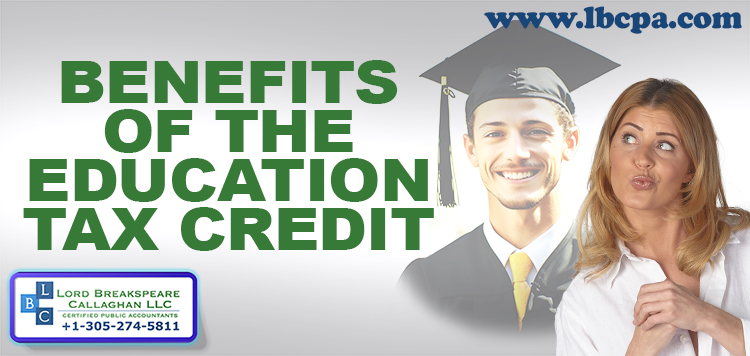LBCPA News 
Click here to go back
Taxpayers Should Review the Education Tax Credits Before they File

There are two education tax credits designed to help offset education costs: the American Opportunity Tax Credit and the Lifetime Learning Credit.
Eligibility requirements
For both tax credits, to be eligible:
- The taxpayer, their spouse or their dependents must take post-high school coursework in tax year 2024.
- The student must have a Form 1098-T, Tuition Statement, from an eligible educational institution. There are exceptions for some students.
Things taxpayers should know about the education tax credits
The American Opportunity Tax Credit is:
- Worth a maximum benefit of up to $2,500 per eligible student.
- Available only for the first four years at an eligible college or vocational school.
- For students pursuing a degree or other recognized education credential.
- Partially refundable. People could get up to $1,000 back.
The Lifetime Learning Credit is:
- Worth a maximum benefit of up to $2,000 per tax return, per year, no matter how many students qualify.
- Available for all years of postsecondary education and for courses to acquire or improve job skills.
- Available for an unlimited number of tax years.
Claiming the credits
To claim either credit, taxpayers must complete Form 8863, Education Credits, and file it with their federal tax return.
If you have any questions regarding Essential Business Accounting, Domestic Taxation, International Taxation, IRS Representation, U.S. Tax Implications of Real Estate Transactions or Financial Statements, please give us a call at +1-305-274-5811
Source: IRS






